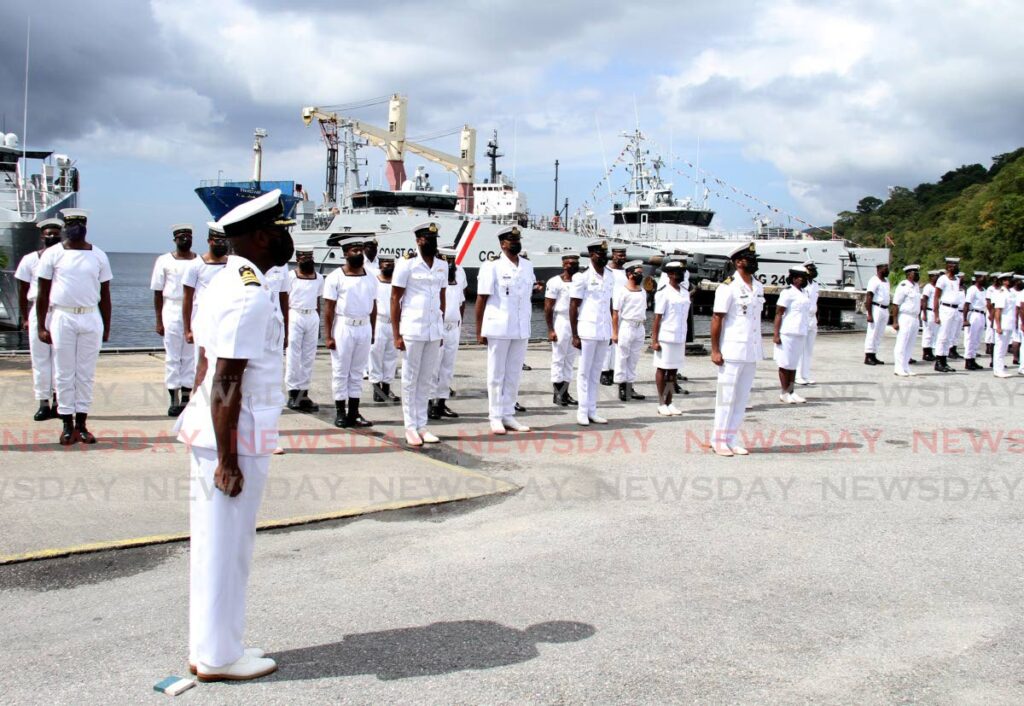Is Coast Guard ready for smart smugglers?

Commander Mattieu Ruf of the French Naval Ship Ventôse warned on Tuesday that smuggling is becoming more sophisticated in the Caribbean.
The Ventôse seized 4.6 tonnes of cocaine in the region in 2006 alone, and the ship, based in Martinique, has observed a range of techniques employed by regional drug smugglers.
They are switching routes, deploying faster vessels, using submarines and planning activities to take place while interdiction ships are in port.
The intelligence gathered by the Ventôse will offer useful guidance to the TT Coast Guard in patrolling the country’s borders.
On paper, there should be dramatic improvements in local marine interdiction.
In 2019, the National Security Ministry contracted ELTA Systems, a subsidiary of Israel Aerospace Industries, to upgrade and enhance the country’s coastal surveillance system. The enhanced system was expected to create a maritime security net capable of detecting rubber boats at 20 nautical miles and from 60 nautical miles for patrol-class craft.
In November 2021, the Coast Guard fleet deployed two Cape Class vessels, the TTS Port of Spain and TTS Scarborough, each with an operational range of 3,000 nautical miles.
This week National Security Minister Fitzgerald Hinds denied allegations by Naparima MP Rodney Charles that the new ships were down for servicing. One, he acknowledged, however, was “in need of some attention.”
Instead of trying to downplay problems with maintenance and seaworthiness in the Coast Guard, Mr Hinds should be frank about the status of all key naval assets bought with billions in taxpayers’ money.
The issue of maintenance, as with others of the protective services, has long dogged the vessels issued to the Coast Guard and no political quarrel has ever delivered independent analysis explaining why expensive ships and equipment can’t be kept up and running.
The division of the Defence Force has numbers, but has long been light on qualified seagoing officers and support ratings to populate the boats it is capable of putting into the water.
The TT Coast Guard was allocated $11.2 million in the 2021/2022 budget allocation to improve its facilities and maintain its naval assets. Almost half of that money is to be spent on upgrading facilities at its Staubles Bay home base.
The planned investment in improving berthing facilities and dockside supplies is important, but an adequate complement of trained and capable crews aboard working boats is also important.
Recent incidents – the killing of a year-old baby during a Venezuelan immigrant interdiction, allegations of assault after a Grenadian fishing boat was stopped, claims of a sluggish response when a boat capsized five miles off Monos Island – and general dissatisfaction with the response to fishermen threatened by piracy on the open seas suggest a pressing need to improve the skills of the sailors assigned to police our marine borders.


Comments
"Is Coast Guard ready for smart smugglers?"